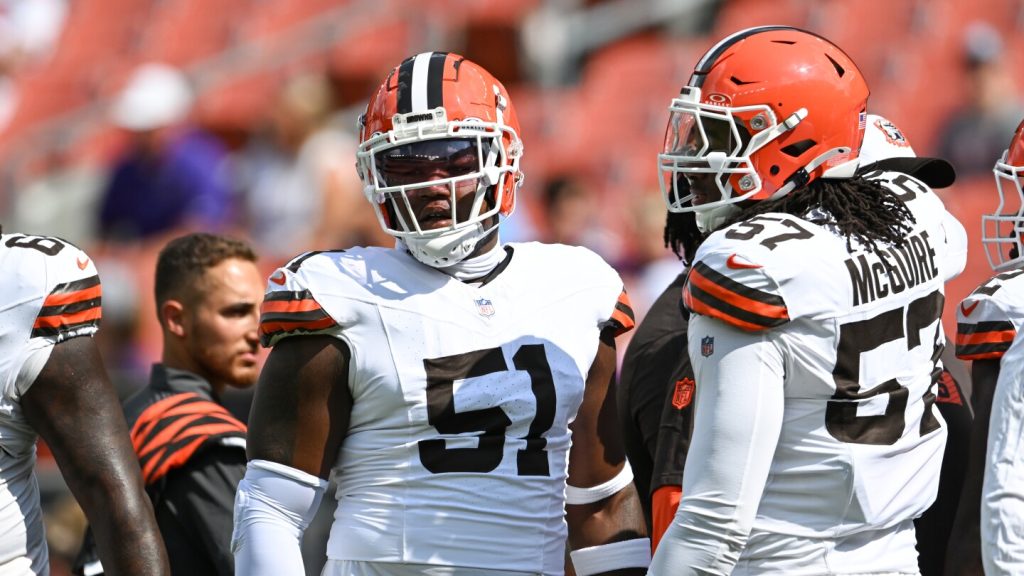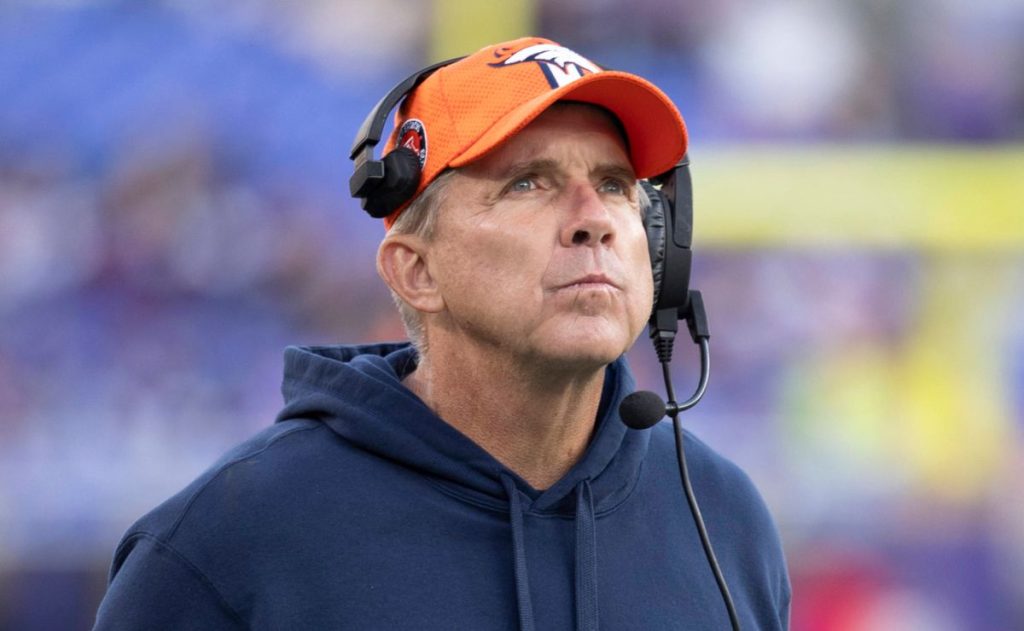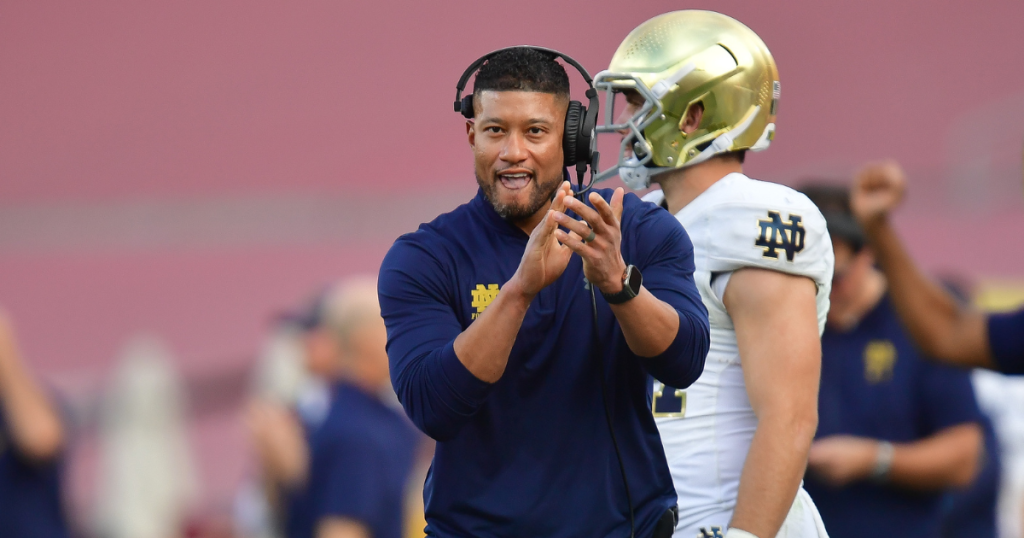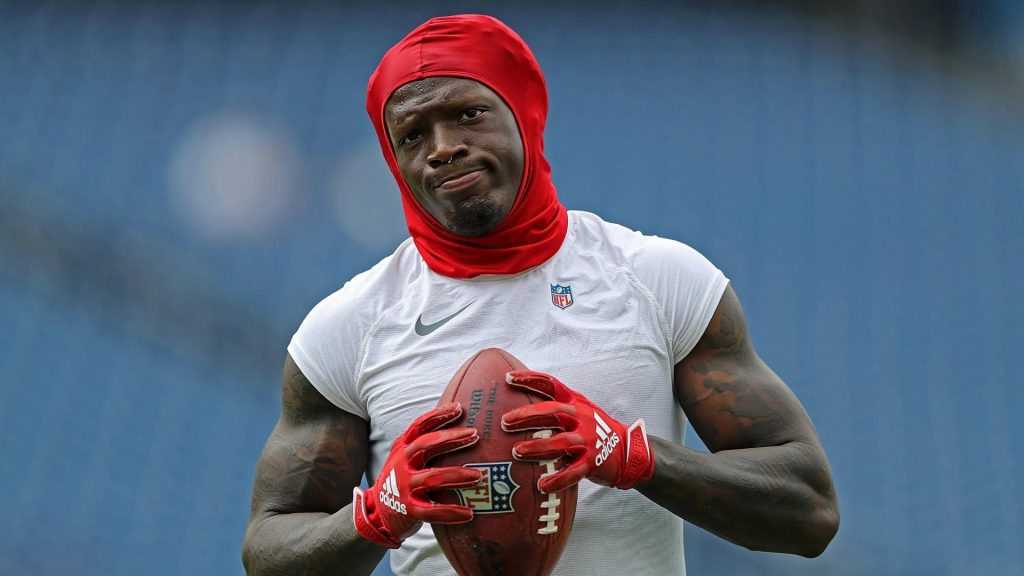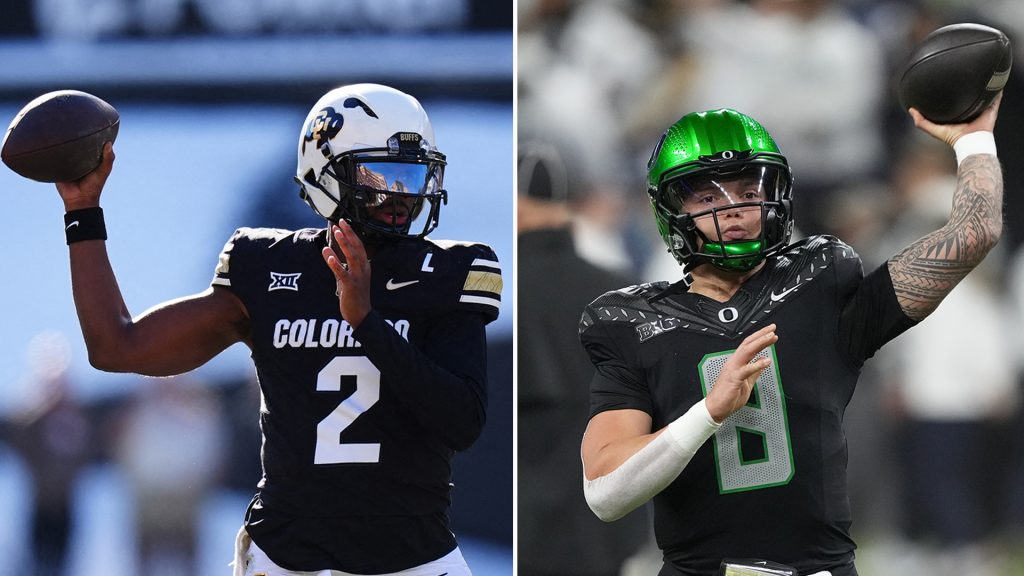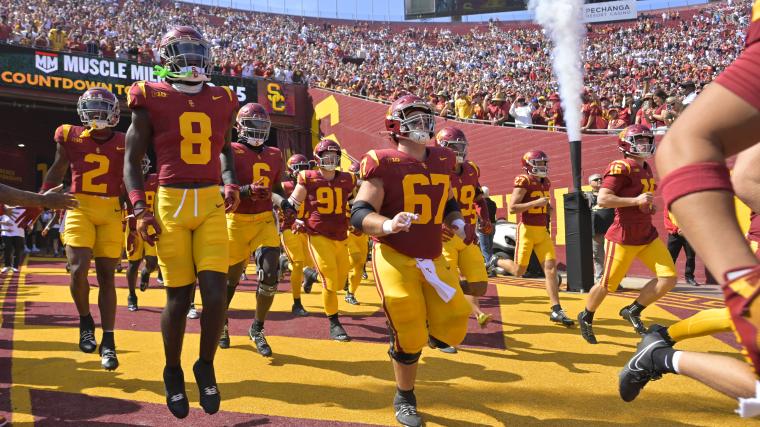Johnny Manziel, the former Heisman Trophy winner and college football icon, has recently shared his insights on the seismic shifts occurring in the college football landscape, particularly due to Name, Image, and Likeness (NIL) deals and the transfer portal. These changes have not only transformed how players are recruited but have also influenced the decisions of legendary coaches, including Nick Saban.
The Impact of NIL on College Football
The introduction of NIL has revolutionized college football, creating a new era where players can monetize their talents while still in school. This shift has led to an unprecedented increase in transfer portal activity, as athletes seek better opportunities and financial incentives. As Manziel pointed out, the dynamics of recruiting have become much more complex. Coaches now find themselves in a more hands-on role, constantly engaging with recruits who are bombarded with offers and advice from various sources.
In a candid discussion with Shannon Sharpe on “Club ShayShay,” Manziel elaborated on how NIL has changed the game. He noted, “It’s not the firm handshake anymore, it’s not the old school ways of the world where your word is your bond. It’s very wishy-washy. Where’s the money today? And if it’s today someone can outbid you. Where’s your loyalty?” These sentiments underline the challenges that coaches like Saban face in maintaining relationships with young athletes who are still figuring out their paths.
Nick Saban’s Retirement: A Sign of the Times
After an illustrious 17-season tenure with the Alabama Crimson Tide, Nick Saban announced his retirement following the 2023 season. Citing the pressures of NIL and the evolving landscape of college football, Saban’s decision sent shockwaves through the sport. He is widely regarded as one of the greatest coaches in college football history, and his departure marks the end of an era.
Manziel believes that Saban’s retirement was influenced significantly by the changing dynamics of recruiting and player management. “In my opinion, Saban doesn’t want to deal with that anymore,” he said. “What better way than to go out the way that he did?” This perspective highlights the mounting pressures that coaches face in a rapidly evolving environment.
Johnny Manziel’s Upset Over Saban’s Tide
Reflecting on his own experience, Manziel famously led the Texas A&M Aggies to a stunning 29-24 victory over a top-ranked Alabama team in 2012. In that game, he completed 24 of 31 passes for 253 yards and two touchdowns, while also adding 92 yards on the ground. This upset not only showcased Manziel’s talent but also underscored the potential for disruption in a sport that has often been dominated by Saban’s teams.
Saban’s legacy, however, will not be forgotten easily. He has left an indelible mark on college football, shaping the careers of countless players and redefining what it means to be a successful coach. His ability to adapt to changing circumstances has been a hallmark of his career, but even he has found the current climate challenging.
Manziel’s Admiration for Deion Sanders
In the same interview, Manziel was asked about his hypothetical interest in playing for Deion Sanders at Colorado if he were a high school recruit today. Without hesitation, he expressed his admiration for Sanders, saying, “Without a doubt.” He emphasized their Texas roots and the strong relationship they have built over the years.
Manziel praised Sanders as a “leader of men,” someone who commands respect and inspires players. This sentiment resonates with the current state of college football, where charismatic coaches can significantly impact recruiting and player development. Sanders’ Colorado Buffaloes have made headlines this season, entering Week 13 with an impressive 8-2 record and ranked No. 16 in the AP Top 25.
The Future of College Football
As college football continues to evolve, the implications of NIL and the transfer portal will remain at the forefront of discussions. Players now have more power than ever, and coaches must adapt to this new reality. The landscape is shifting, and those who can navigate these changes will thrive.
Manziel’s insights serve as a reminder that the game is not just about X’s and O’s; it’s about relationships, loyalty, and the ever-changing dynamics of the sport. As we look ahead, one thing is clear: college football is entering a new chapter, and the stakes have never been higher.
In this new era, the question remains: how will coaches like Sanders and others adapt to the challenges posed by NIL and the transfer portal? The future of college football is bright, but it will require innovation, resilience, and a deep understanding of the players they are working with. The game we love is changing, and it’s up to the next generation of coaches and players to shape its future.


















